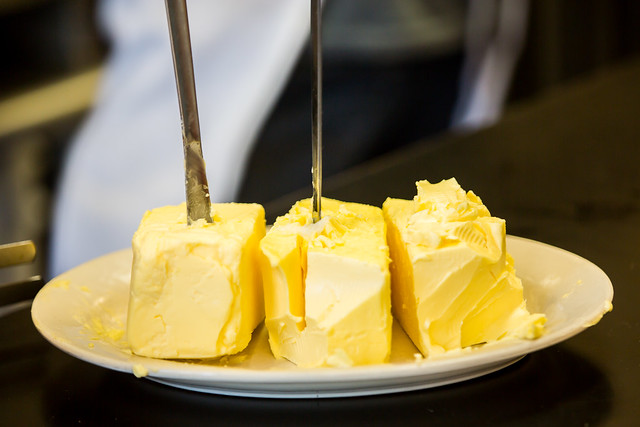Podcast: Play in new window | Download
Here’s the latest news from the world of Omniglot.
This week there are new language pages about:
- Santiagueño Quechua (Arhintina runasimi), a Southern Quechua language spoken in northern Argentina.
- Gawar, a Chadic language spoken in the Far North Region of Cameroon.
- Wambule (वाम्बुले), a Kiranti language spoken in parts of eastern of Nepal.
- Sabanê, a Nambikwaran language spoken in the state of Rondônia in western Brazil.
With these languages, the total number of language profiles on Omniglot is now 1,700!
There are a new numbers pages in:
- Ho-Chunk / Winnebago (Hoocąk), a Siouan language spoken in Wisconsin, Nebraska and Iowa in the USA.
- Potawatomi (Neshnabémwen), an Algonqian language spoken in Ontario in Canada, and in Michigan, Indiana, Wisconsin and Kansas in the USA.
- Shawnee (Sawanwa), a Central Algonquian language spoken in Oklahoma in the USA.
- Naskapi (ᓇᔅᑲᐱ), an Algonquian language spoken in the provinces of Quebec and Newfoundland and Labrador in Canada.
There’s an Omniglot blog post called Turning Oxen, which is about the writing direction known as boustrophedon, or literally “like the ox turns”, and the usual Language Quiz. See if you can guess what language this is:
Here’s a clue: this language belongs to a small language family that is spoken in a group of islands off the Asian mainland.
The mystery language in last week’s language quiz was Loma (Löömàgòòi), a Southwestern Mande language spoken in northern Liberia.
There are new Celtiadur posts are about words for Second and Other, and words for Lead (metal) and related things in Celtic languages.
In the Adventure in Etymology we find out how the word butter is connected to such words as buffalo, truffle and tyromancy.
I also made improvements to the Naskapi, Latvian and Ho-Chunk language pages, and created a separate page for the Hočąk Syllabary.
For more Omniglot News see:
https://www.omniglot.com/news/
https://twitter.com/Omniglossia
https://www.facebook.com/groups/omniglot/
https://www.facebook.com/Omniglot-100430558332117
You can also listen to this podcast on: Apple Podcasts, Amazon Music, Stitcher, TuneIn, Podchaser, PlayerFM or podtail.
If you would like to support this podcast, you can make a donation via PayPal or Patreon, or contribute to Omniglot in other ways.







